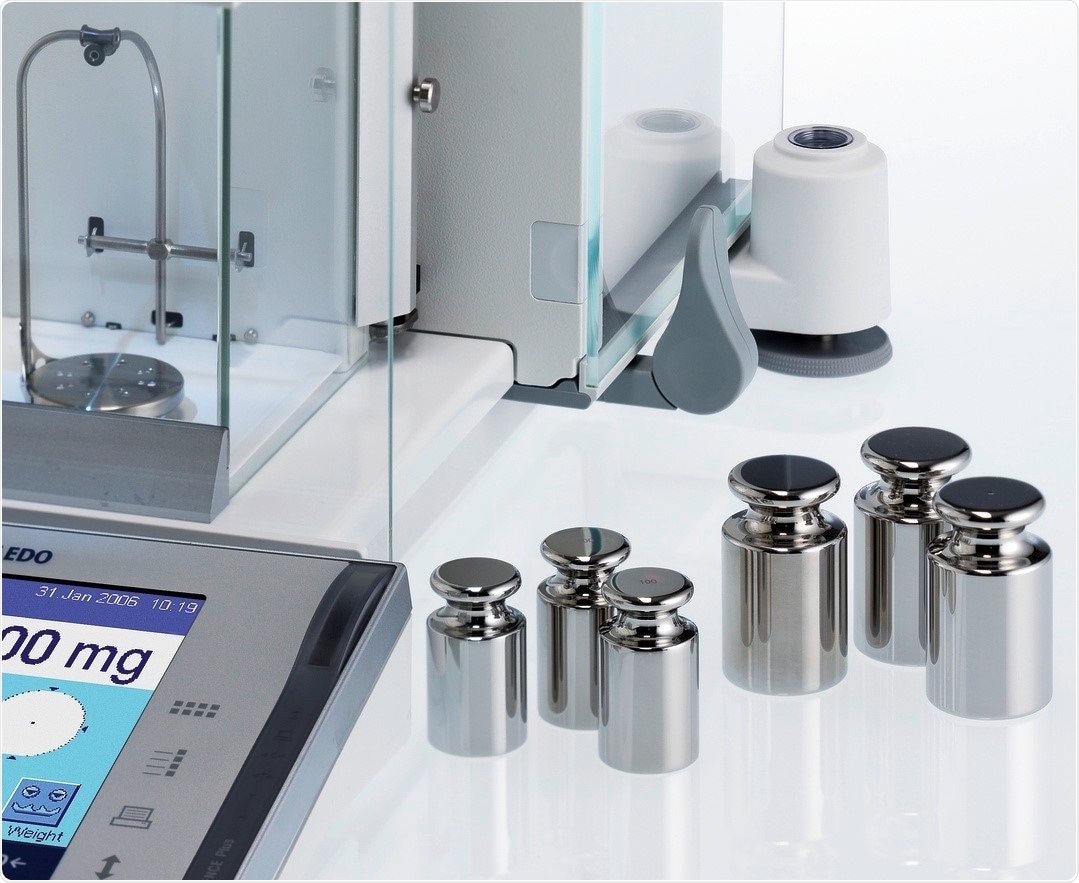Periodic calibration of weighing equipment is the first step to accurate and reliable results and the most cost-effective way to optimize an investment. Read "Calibrating Your Weighing Devices Ensures Accurate Results", from METTLER TOLEDO's free online laboratory expertise library to learn the benefits of calibration and routine testing, understand the risks associated with using non-calibrated equipment, and recognize the difference between calibration and adjustment.

Calibration, or the act of defining and documenting how a balance operates, is critical in highly-regulated industries. It provides peace-of-mind for safe and reliable measurements, while supporting compliance with the applicable industry standards. This, in turn, reduces the risk of waste, rework, and product recall and the associated costs.
Sometimes the purpose and process of calibration and adjustment can be mixed up or misunderstood. In simple terms, calibration is used to understand how a weighing device behaves. Adjustment is used to change the behavior of the weighing device, but only after understanding its behavior. So the process of calibration and adjustment becomes a 4-step procedure: calibration, verification, adjustment, recalibration.
To learn about managing the complexities of calibration and adjustment and promote weighing accuracy, the METTLER TOLEDO Laboratory Expertise Library has developed the "Calibrating Your Weighing Devices" compendium, which includes a series of free resources on calibration and related topics. The review of terms, risks and appropriate actions will enhance anyone’s metrology knowledge, but it may be especially important for lab operators and quality managers operating in the pharmaceutical space. The entry also covers the ongoing evolution from equipment calibration to process calibration.
The Laboratory Expertise Library itself is a collaborative space which offers a wealth of free information and advice on a range of critical laboratory issues. The topics are carefully selected to focus on the daily concerns of laboratory managers and personnel, and include issues such as electrostatic effects on weighing, regulatory compliance, calibration, and sample preparation.
In-depth knowledge and expert advice is shared in a helpful and easily accessible format, with basic introductory or advanced information available. New topics are added regularly.
Source: METTLER TOLEDO